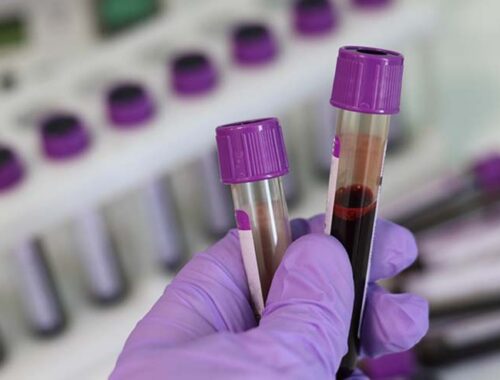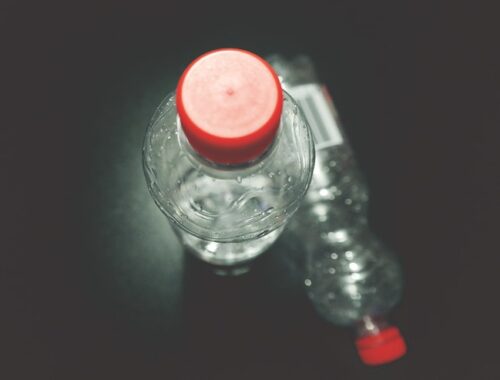A new research has thrown up an amazing collection of apparently unrelated objects of daily use which have been traced to infertility incidences in women. Shampoos, perfumes, plastic containers, pesticides and non-stick frying pans are the five most conspicuous items in the list. Wondering what the mystery could be?
Well, the chemical substance connecting the above items is something called ‘Phthalate’ – used religiously by producers and manufacturers in each of the above products.
A recent study conducted on 112 couples, 56 of which were trying to have babies and the other 56 of which had become parents successfully, it was seen that the urine samples of the former category had significantly higher count of phthalates than the latter.
Your risk of coming in internal contact with phthalates lies mainly in the possibility of endometriosis.
It is a condition in which the tissue line the uterine body grows in places other than the uterus, such as ovaries, Fallopian tubes, bladder, surface of the uterus, cul-de-sac (space inside uterus), ureters and rectum.
Repeated formation of this tissue and consequent bleeding out during menstruation can lead to the formation of a scar tissue called adhesion.
These are highly concentrated ‘pain-zones’ that make sexual intercourse extremely difficult and lead to infertility.
You might, however, like to take cognizance of the fact that phthalates don’t cease to be hostile even after you have conceived, i.e. phthalates should be avoided not only for conception purpose, but also to ensure a smooth pregnancy leading to the birth of a healthy baby.
A study conducted on Danish women for two years found that 48 women with high phthalate content in their urine underwent pregnancy losses, and as many as 32 of these women had the miscarriage within the very first 6 weeks.
DEHP seems to be the main troublemaker here, with its count being 30 percent higher in the women who had suffered pregnancy loss.
Apart from your daily efforts to do away with infertility, take the extra precaution to stay away from these daily consumer items that can induce phthalate in your body.
Wash fruits and vegetables rigorously before consumption to avoid the presence of pesticides as far as possible. And definitely think twice before using any scented product!
It would be wise to stay away from products containing at least some of the following ingredients(Phthalates):
- DCP (dibutyl phthalates)
- DMP (dimethyl phthalate)
- DEP (diethyl phthalate)
- DEHP (Di(2-ethylhexyl)phthalate)
- BzBP (benzylbutyl phthalate)
- DBP (dibutyl phthalate)
- DNOP (di-n-octyl phthalate)
- DiNP (diisononyl phthalate)
- DiDP (diisodecyl phthalate)
- DnHP (di-n-hexyl phthalate)
Need guidance on how to improve your fertility? Check out my Pregnancy Miracle program





No Comments